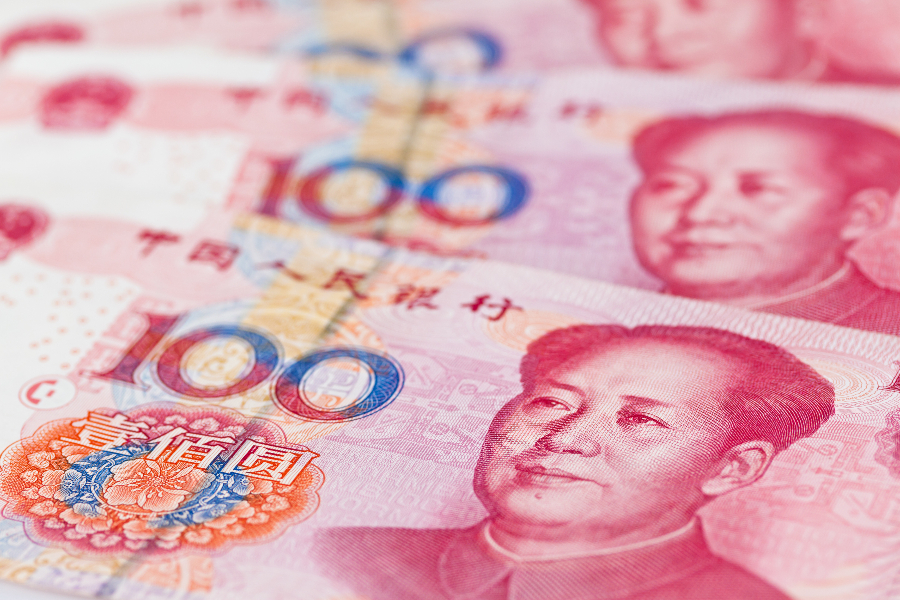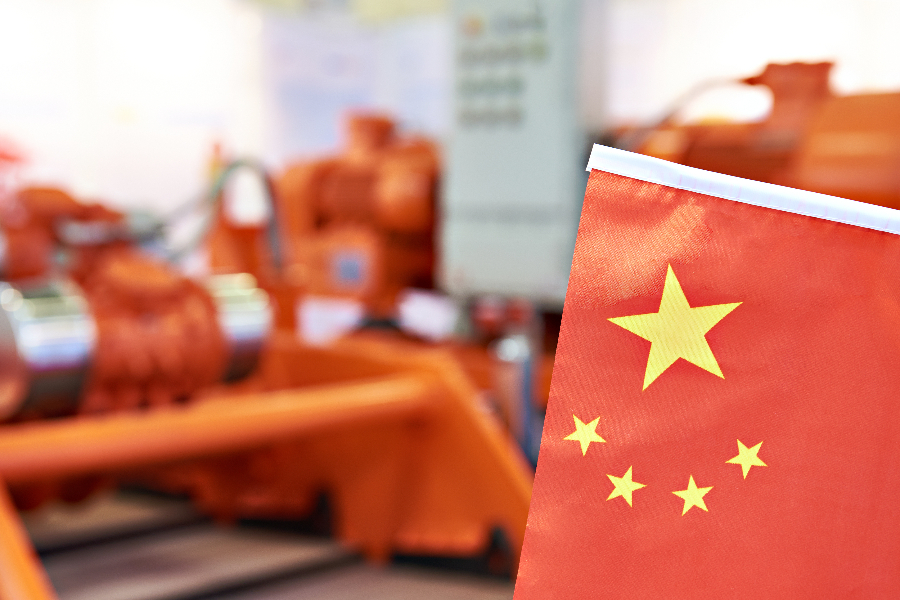Although China’s economy has not grown as rapidly as it once did, it still has a high growth rate of 6%. China’s economy is entering a new phase, spanning several eras. This section summarizes the transition of the Chinese economy and its future prospects.
目次
China’s Transition and Sinocentrism
China was founded in 1949 after the civil war ended. Before that, the Qing dynasty ruled present-day China. The Qing Dynasty was established in 1616. Qing, as a major power in the world, also became the world’s largest country at its peak, including Mongolia and Tibet. Since then, it has been estimated that the world’s largest population reached 300 million in 1790. While Qing had become the world’s most populous nation, Western powers had achieved economic and military development backed by the Industrial Revolution.
Qing began on the road to opening the country to the world after falling behind Western powers that had developed through the Industrial Revolution. After the Sino-Japanese War, China ran into a budget deficit, and at the end of the war, when control from Japan weakened, the Chinese Civil War broke out. The Communist Party, which defeated the Kuomintang Party, declared the establishment of the People’s Republic of China.
Since China has historically seized political power by force, it has taken a hard-line stance in diplomacy to date. There is historical Sinocentrism behind China’s strong stance. China’s economy and politics are basically inward-looking. On the other hand, it is characterized by strong outward pressure.
In addition, China has a strong centralized system, and announcements and reports to the public and foreign countries are sometimes taken with suspicion. The use of statistics and official announcements to inspire the people is despotic or state capitalist.
China’s Turning Point and Economy
After World War II, countries around the world entered an era of competition in the form of socialism versus capitalism. However, the conflict was resolved when the Soviet Union collapsed and China shifted to an open-door policy. Current trade rules and international finance were created by Western capitalist countries.
On the other hand, since the 1990s, Japan has formulated a diplomatic policy to avoid confrontations on reform and opening-up policies. While the West has welcomed the shift, China has not fully embraced Western free economies and democracy.
In China, the government is deeply involved in market economic activities, and this is expected to remain largely unchanged for the time being. The impact of the historical background on China will continue.
However, there are countries like the United States where domestic industry has developed due to protectionist trade. Many developing countries have sought stability through government intervention in trade and finance. Although China intends to continue its intervention as a state, it is expected to be forced to change in the international community.
the day when the Chinese economy takes the world by storm

China is already the world’s second-largest economy in terms of GDP. The International Monetary Fund’s (IMF) GDP, based on purchasing power parity, has also topped the world list. China, the world’s greatest power in the Qing Dynasty, missed the Industrial Revolution and fell economically. However, it can be said that it is reemerging due to high economic growth.
China is still in the process of development, and it is said that it will take time to become the world leader. However, the population of China is about four times that of the United States. In other words, in order for the United States not to be overtaken by China in terms of economic size, it has to keep per capita production at four times the current level. This will be a tough fight.
Summary
There are quite a few companies that do business with China that have difficulty matching the Chinese business style. The fact that Sinocentrism and self-assertion are strong can be seen from the transition of the nation. Japan may be forced to change from Western capitalism in the future. If China’s economic growth increases its share of global GDP, its voice will increase. Companies that expand overseas should also pay attention to trends in the global economy.



